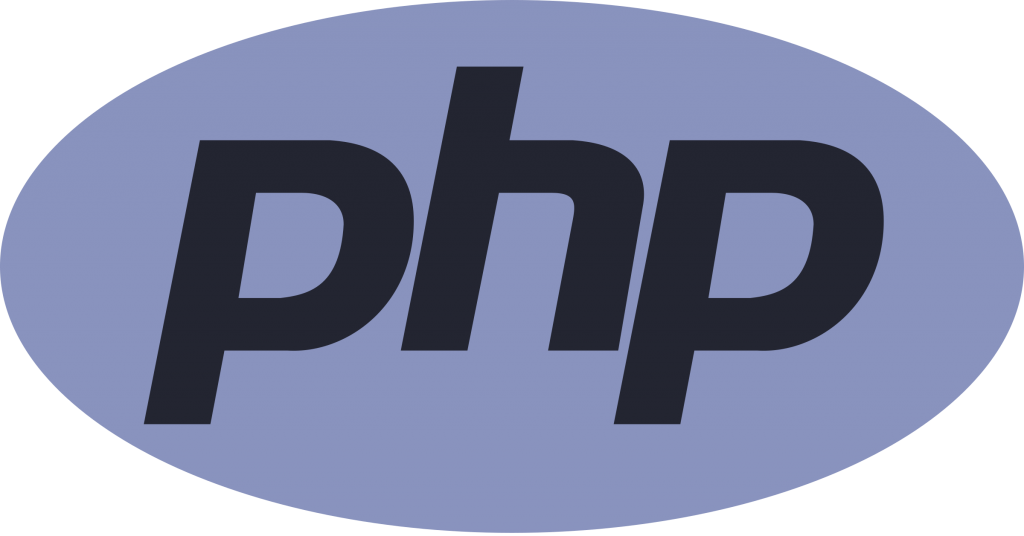Reading time: 7 minutes.
Web development is a rapidly evolving field, with new technologies, frameworks, and practices emerging at a dizzying pace. As we look ahead to 2025, it’s clear that the skills needed to succeed as a web developer are becoming more diverse and specialized. To stay competitive and effective, web developers must not only master the foundational skills but also be prepared to adopt and adapt to new trends and technologies. This post explores the top ten skills that will be essential for web developers in 2025.

1. Proficiency in Modern JavaScript Frameworks
JavaScript has long been a cornerstone of web development, but in 2025, it’s not just about knowing the language—it’s about mastering the modern frameworks that are built on top of it. Frameworks like React, Angular, and Vue.js continue to dominate the front-end landscape, and they are constantly evolving. By 2025, new versions of these frameworks will likely introduce more sophisticated features, emphasizing performance optimization, modularity, and developer experience.
For instance, React’s component-based architecture allows for reusable code, making development more efficient and scalable. Angular’s two-way data binding and dependency injection are crucial for building complex, dynamic web applications. Meanwhile, Vue.js is prized for its flexibility and ease of integration with other libraries or existing projects.
A deep understanding of these frameworks, along with the ability to choose the right one for a given project, will be critical. Developers will also need to keep up with the latest updates, best practices, and tooling associated with these frameworks to remain relevant in the field.
2. Backend Development Mastery with Node.js and Deno
While front-end development is vital, backend development remains the backbone of any web application. By 2025, Node.js will continue to be a leading server-side platform due to its asynchronous nature, allowing for high performance in handling multiple simultaneous requests. However, Deno, a new runtime for JavaScript and TypeScript, is gaining traction and could become just as important.
Deno addresses many of Node.js’s security issues and offers a more modern development experience with first-class TypeScript support. For web developers, mastering both Node.js and Deno will be a strategic advantage. This includes understanding how to build robust RESTful APIs, integrate databases, handle authentication and authorization, and manage server-side rendering.
In addition, developers should be proficient in deploying and managing backend services in cloud environments, as cloud-native development becomes the norm. This will include knowledge of serverless architectures, containerization (with Docker), and microservices.
3. Expertise in WebAssembly (Wasm)
WebAssembly (Wasm) is set to revolutionize web development by allowing code written in multiple languages (like C, C++, and Rust) to run at near-native speed in the browser. By 2025, WebAssembly will likely become a staple for performance-critical web applications, especially those requiring heavy computations, such as video editing, gaming, and complex visualizations.
Developers will need to understand how to integrate WebAssembly modules into their JavaScript codebase and when to use it to optimize performance. This skill will be particularly crucial for applications that demand high performance and low latency, as Wasm enables more efficient execution than traditional JavaScript.
4. Progressive Web Apps (PWAs) Development
Progressive Web Apps (PWAs) combine the best of web and mobile apps, offering users a native app-like experience directly in their browsers. PWAs are gaining popularity because they are responsive, can work offline, and are installable on a user’s device without going through app stores.
By 2025, PWAs will likely be the standard for delivering seamless user experiences across devices. Web developers must be proficient in service workers, web app manifests, and caching strategies to build PWAs that are fast, reliable, and engaging. Moreover, understanding how to optimize PWAs for performance and how to use push notifications effectively will be essential skills.
5. Strong Understanding of API Development and Integration
APIs (Application Programming Interfaces) are the building blocks of modern web applications, enabling different software systems to communicate with each other. By 2025, the demand for developers who can design, implement, and manage robust APIs will only grow.
Web developers will need to be skilled in RESTful API development, GraphQL, and potentially other emerging API technologies. RESTful APIs are widely used due to their simplicity and scalability, but GraphQL, which allows clients to request only the data they need, is gaining popularity for its flexibility and efficiency.
In addition to developing APIs, developers will also need to be adept at integrating third-party APIs into their applications, handling issues such as rate limiting, authentication, and data synchronization. This skill will be critical as more applications rely on a network of interconnected services.
6. Advanced Knowledge of Security Practices
With cyber threats becoming increasingly sophisticated, web developers must prioritize security in every aspect of their work. By 2025, security-first development will be a fundamental requirement, not an afterthought.
Developers need to understand common security vulnerabilities such as Cross-Site Scripting (XSS), Cross-Site Request Forgery (CSRF), and SQL Injection, and how to mitigate them. They should also be familiar with implementing secure authentication methods, such as OAuth2, and ensuring data privacy through encryption and secure communication protocols (like HTTPS and TLS).
As the regulatory landscape around data protection continues to evolve, web developers will also need to stay informed about compliance requirements, such as GDPR and CCPA, and ensure that their applications adhere to these standards.
7. Proficiency in Version Control and Collaborative Development
Version control is a fundamental skill for any developer, and by 2025, it will be more important than ever. Git remains the industry standard, and developers must be proficient in using Git for version control, branching, merging, and resolving conflicts.
Beyond just understanding Git commands, developers will need to be skilled in collaborative development practices, including code reviews, pull requests, and continuous integration/continuous deployment (CI/CD) pipelines. Familiarity with platforms like GitHub, GitLab, and Bitbucket, as well as the ability to automate testing and deployment processes, will be crucial for efficient team collaboration and maintaining high code quality.
8. UI/UX Design Sensibility
While web developers are not typically designers, having a strong sense of UI/UX (User Interface/User Experience) design will be increasingly valuable by 2025. As users demand more intuitive and aesthetically pleasing interfaces, developers who understand the principles of good design will be better equipped to create user-friendly applications.
This includes knowledge of responsive design, accessibility standards, and mobile-first development. Developers should be familiar with design tools like Figma or Adobe XD, which allow them to collaborate more effectively with designers and ensure that the final product is both functional and visually appealing.
In addition to these tools, understanding the psychology behind user behavior and how to create seamless user flows will set developers apart in the job market. Developers who can bridge the gap between design and development will be highly sought after.
9. Competence in Cloud Computing and DevOps
Cloud computing has become the backbone of modern web applications, enabling scalable, reliable, and cost-effective deployment. By 2025, web developers must be well-versed in cloud platforms like AWS, Google Cloud, and Azure. This includes understanding how to deploy and manage applications in the cloud, optimize resource usage, and ensure high availability.
Moreover, DevOps practices, which emphasize automation, continuous delivery, and infrastructure as code, will be crucial. Web developers should be familiar with CI/CD pipelines, containerization with Docker, and orchestration tools like Kubernetes. These skills are essential for building and maintaining scalable web applications that can handle variable loads and minimize downtime.
In addition, understanding serverless architecture, where developers can focus on writing code without worrying about the underlying infrastructure, will be increasingly important. Serverless platforms like AWS Lambda or Azure Functions enable developers to deploy applications with greater efficiency and lower costs.
10. AI and Machine Learning Integration
Artificial Intelligence (AI) and Machine Learning (ML) are transforming industries across the board, and web development is no exception. By 2025, the ability to integrate AI and ML into web applications will be a highly valuable skill.
This includes understanding how to use pre-trained models, build custom ML models, and deploy them within web applications to add intelligent features like personalized recommendations, natural language processing, and predictive analytics. Developers will need to be familiar with AI/ML frameworks like TensorFlow.js, PyTorch, or even cloud-based AI services from providers like AWS, Google Cloud, or Azure.
Furthermore, the ethical considerations around AI—such as bias, privacy, and transparency—will be increasingly important. Developers must be aware of these issues and ensure that the AI components they integrate are used responsibly and ethically.
Conclusion
As we move closer to 2025, the web development landscape will continue to evolve, demanding a diverse and advanced skill set from professionals in the field. To remain competitive and effective, web developers must embrace continuous learning and stay updated with the latest trends and technologies.
Mastery of modern JavaScript frameworks, backend development with Node.js and Deno, and an understanding of emerging technologies like WebAssembly and AI/ML will be crucial. Additionally, proficiency in security practices, version control, cloud computing, and UI/UX design will round out the skill set needed to succeed in the future of web development.
By focusing on these top ten skills, web developers can position themselves at the forefront of their profession, ready to tackle the challenges and opportunities that the future of web development will bring.





